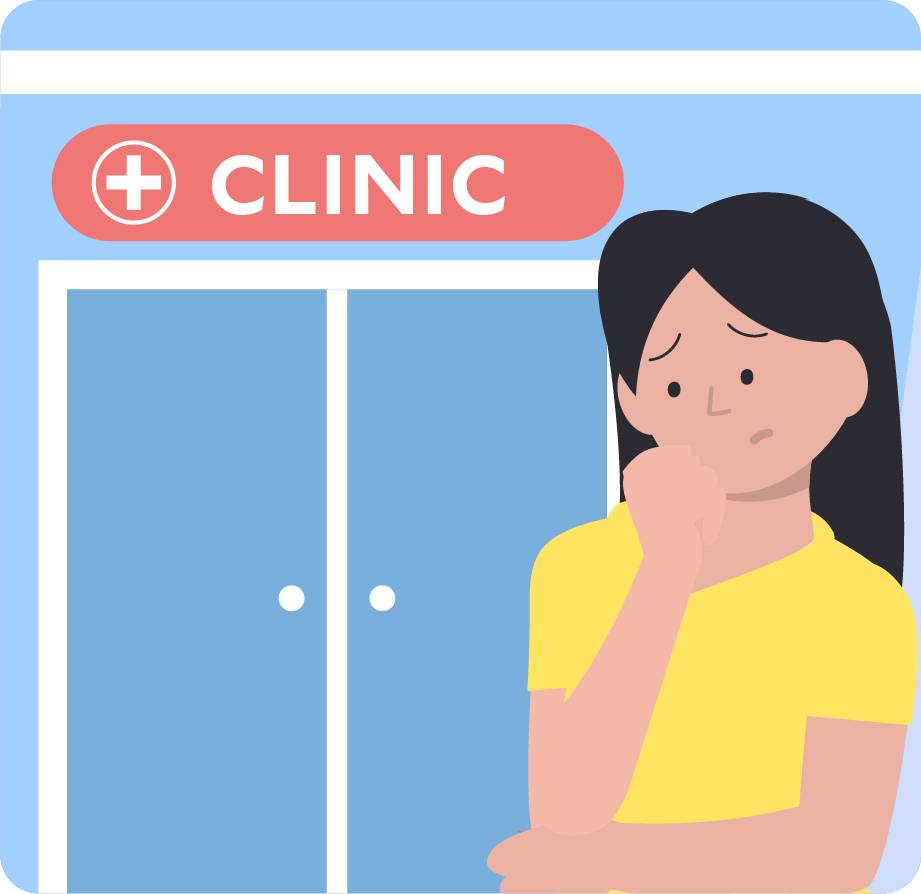In the movie “Love & Other Drugs,” playboy medical representative Jamie Randall (Jake Gyllenhaal) has an on-and-off relationship with artist/waitress Maggie Murdock (Anne Hathaway), who suffers from young-onset Parkinson’s disease (YOPD).
I saw this film when it came out in 2010, and I didn’t think much of why Maggie acted the way she did. I thought the sex was gratuitous and that she was just being self-destructive due to her early diagnosis.
We tend to think of Parkinson’s disease as something that only the elderly get. Ever since I was diagnosed with YOPD, I read all I could on the topic, watched YouTube videos, subscribed to email newsletters and rediscovered this movie featuring a character I could relate to. “Love & Other Drugs” is lumped together with romcoms like “No Strings Attached” and “Friends with Benefits,” and on the surface, that makes sense. But knowing what I know now, Maggie’s motivation behind her actions is not comparable with those films.
There’s a scene where she rattles off her medications: Sinemet (or carbidopa/levodopa, to boost the amount of dopamine in the brain to manage movement and coordination), domperidone (for nausea caused by the meds), Artane (for tremors) and Prozac (antidepressant) “so that I’m not too bummed about having a major degenerative disorder at 26,” Maggie says.
The anti-Parkinson’s drug Sinemet has sexual hyperactivity and hyperarousal as side effects, which explains Maggie’s behavior. She also frequently stretches her legs and couldn’t open a foil pack of PopTarts for Jamie (due to loss of dexterity and slowness of movement, which she tries to hide). When her meds ran low, she became depressed. I could relate with these subtle tells, how her symptoms ebb and flow, because I get them, too.
‘A Russian novel’
“My advice is to go upstairs, pack your bags, and leave a nice note. Find yourself a healthy woman. I love my wife. I do. But I wouldn’t do it over again. The thing nobody tells you, this disease will steal everything you love in her. Her body, her smile, her mind. Sooner or later, she’ll lose motor control. Eventually, she won’t even be able to dress herself. Then, the fun really begins. Cleaning up her shit. Frozen face. Dementia. It’s not a disease, it’s a Russian novel,” said a man Jamie meets at a Parkinson’s convention.
My husband has medical concerns that came way before mine, even before we got married. I thought I would be the strong one in our tandem, so my diagnosis was a blow.
The movie shows how YOPD goes beyond physical issues like motor skills and cognition, as it affects mental health and self-perception, too. A study on YOPD revealed that those who get it before age 60 have slower progression, increased dystonia (involuntary muscle contraction), depression and poorer quality of life. They differ psychosocially from those diagnosed later in life as they are usually still working, have children to care for, experience more social isolation and a lack of appropriate support compared to older people who are retired or with grown children. YOPD patients also have a higher genetic contribution to their Parkinson’s.
Women with YOPD have it especially rough. In a podcast, Megan Feeney and Jessica Shurer of the Parkinson’s Foundation explained that women are less likely than men to see a neurologist, less likely to afford health care like speech or physical therapy and more likely to have medical fluctuation. They also have more off times, dyskinesias (involuntary erratic movements), and are more likely to go to doctor’s appointments alone.
Such women are also more likely to live alone in older age, get misdiagnosed more often than men and have support groups that can be too old or too male-dominated to be helpful. They also usually care for someone else, with no one looking out for them.
Not enough material
Parkinson’s is more common in postmenopausal women, so there is not enough material on the overlap between perimenopause and YOPD. In a 2019 article for Parkinson’s Life, Heather Kennedy wrote, “I never questioned how the condition might affect me as a woman until I started experiencing unexplainable off times in the days leading up to my periods. I was complaining to my girlfriends when one friend schooled me. She explained that during periods, the efficacy of women’s medication decreases. Since being perimenopausal, though, my periods have become far more unpredictable in heaviness and length.”
Typical menopause manifestations can be confused with Parkinson’s symptoms, and research is sparse on women with Parkinson’s for doctors to recommend hormone replacement therapy.
One study on a group of women with Parkinson’s age 35 to 59 showed that the majority were anxious about their bodies and sexual image, but such issues are not often tackled by doctors. I saw an interview of an obstetrician-gynecologist with YOPD who got pregnant with her fourth child without knowing if it would be safe or if her medications would affect her baby. After giving birth, she started collecting data and seeking out pregnant women with YOPD to put together her own research.
Finding a supportive community is crucial in finding answers and learning more about this degenerative disease, the fastest growing neurological condition in the world, with not a lot of research or information on it.
Since I don’t know anyone else with YOPD, I’ve turned to Facebook groups. The Parkinson’s Fight Club has a great, positive vibe, while StrongHER provides the female perspectives I appreciate; however, both are Western in origin. Unfortunately, two of the local ones I’m part of are senior-heavy with content I cannot relate to, and I got hit up for money by a member via Messenger as soon as I joined. For now, we make do with what we’ve got. —CONTRIBUTED INQ














































